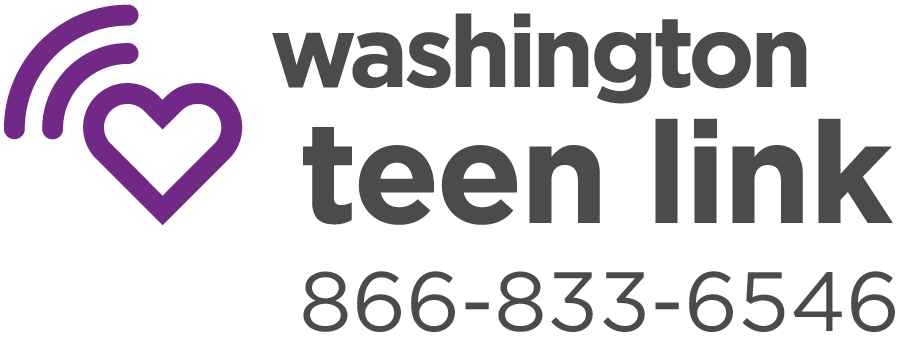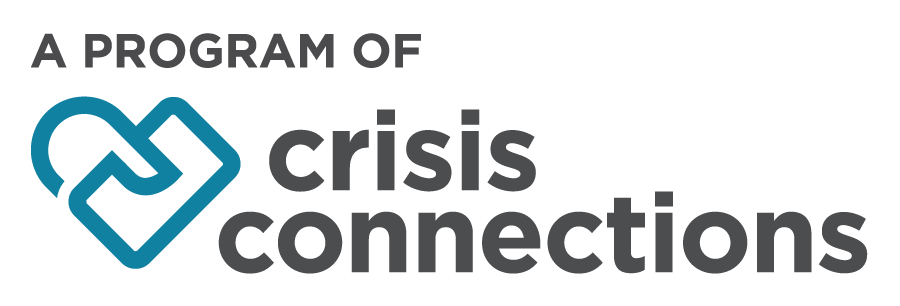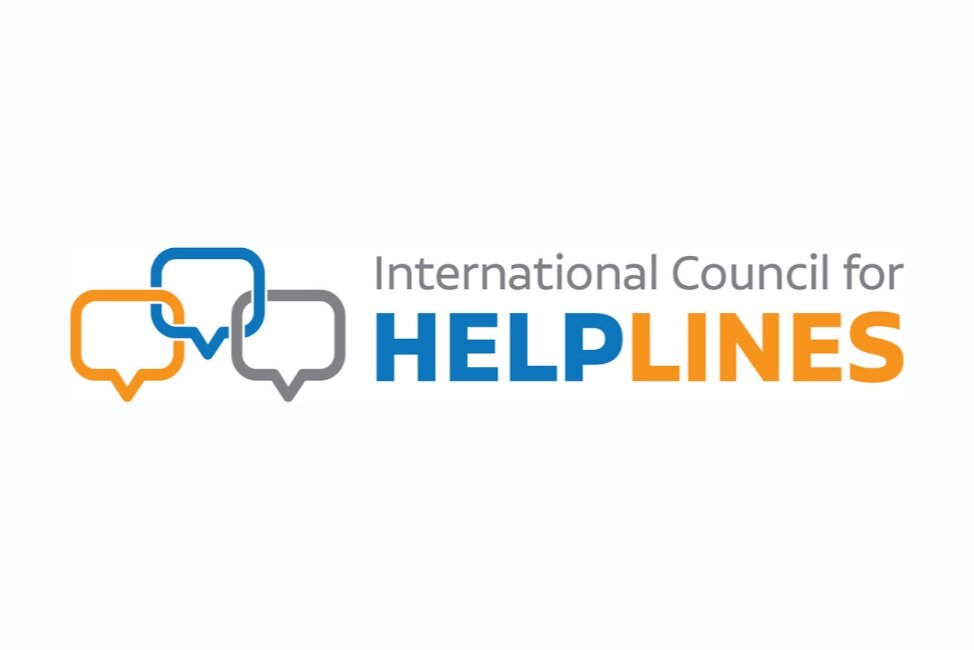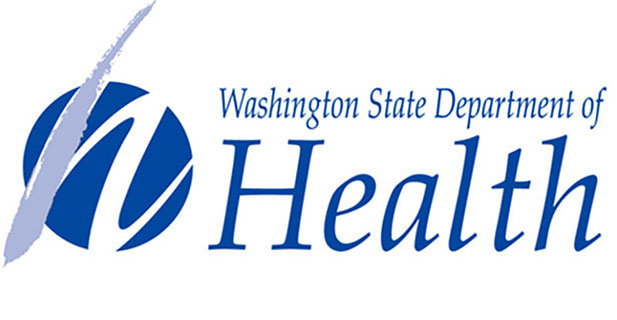

Talk it Out
Substance Use
Using substances recreationally or prescribed medications not according to the doctor’s orders can be dangerous and cause lasting damage – particularly to a young person’s brain. Regularly turning to substances instead of developing healthy coping habits can begin a lifelong pattern of avoiding addressing underlying issues. We all go through difficult times, and you deserve to get the support you need to learn how to cope without harming your body.
Many young people consider experimenting with drugs and alcohol out of curiosity about something that’s off limits. While this is understandable, it is surprising how many people thought they were still in control of their use until they tried to stop. In Washington, recent laws legalizing marijuana and allowing vaping nicotine indoors can make substance use seem acceptable without revealing how unhealthy it can be for your body.
It is always important to understand the effects of what you’re putting in your body. If you understand the risks of each of these substances you can make safer decisions.
Learn More at Start Talking NowVaping
Even vaping with no-nicotine juice to do cool tricks with the smoke can be harmful, especially if you don’t know what the ingredients are. When trading vape pens with friends, you may also not realize how much nicotine you may be ingesting, if it’s contained in their pens, and this can lead to an addiction to nicotine.
Drugs
Prescriptions for pain, like opioids (oxycodone, hydrocodone, etc.), or for episodes of anxiety, like benzodiazepine (Xanax, Ativan, etc.), are very addictive. Misusing prescription drugs or purchasing from a friend is dangerous. Unregulated pills may have something else in it, like heroin or fentanyl, which can be deadly.
Marijuana
Smoking marijuana only at parties can still lead to unsafe behaviors, such as daily substance use. The effects of marijuana can be confusing. For example, it can both cause and calm extreme anxiety, and it may seem to soothe insomnia, but it may also cause it because it is one of the primary withdrawal effects.
Alcohol
Young people who are curious about alcohol need to learn the risks. In addition to the discomfort of hangovers and getting sick, binge drinking can lead to risky behavior, drunk driving accidents, and alcohol poisoning. Some people drink before realizing they’ve taken pills that day that have toxic effects when combined.
If you find yourself being drawn to use substances to avoid uncomfortable feelings, to feel something when you feel numb, or to handle anxiety in social settings, it’s important to acknowledge that your distress is valid. There is a lot of shame around substance use that might have initially been the only way a person could find to cope. If this scenario sounds familiar, learning more about your own stressors and learning how to talk about them or get more support is an important step.
Treatment Options
Many people who are struggling go on to recover from substance use disorder. Recognizing the pattern in yourself is the first critical step. If you want to take a closer look at your decisions around substance use, you can start by doing some research to learn about what you’re using and reach out to us to find assessment and treatment options.
Some different ways to get support with changing your substance use:
- Join a support group of people in similar situations – either online or in person
- Talk to a counselor in a substance use program about how to regain control over your use
- Talk to a mental health counselor about underlying stressors or related mental health issues to gain insight into why you’re using
- Participate in a co-occurring disorder program (both mental health and substance use) so that you can explore the relationship between them
- Ask your insurance about inpatient programs for substance use treatment to help you stop using in a safe and supportive environment
Looking for more info or resources?
Find the most typically requested services and resources. For more information or for further help, please contact us.
For youth 21 and younger
CALL | TEXT | CHAT
866-833-6546
TO SPEAK WITH TEENS
CALLS 6-10PM
CHAT & TEXT 6-9:30PM
TO SPEAK WITH AN ADULT
CALLS 3-6PM
988 SUICIDE & CRISIS LIFELINE
CALLS 24/7 | DIAL 988
24-HOUR CRISIS LINE
CALLS 24/7 | 866-427-4747




